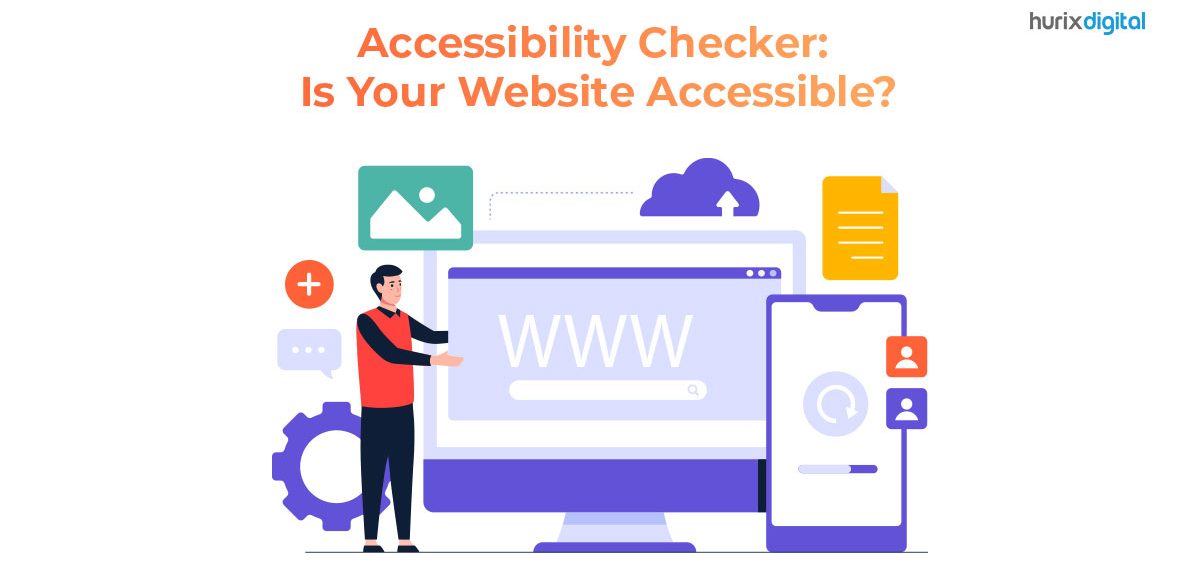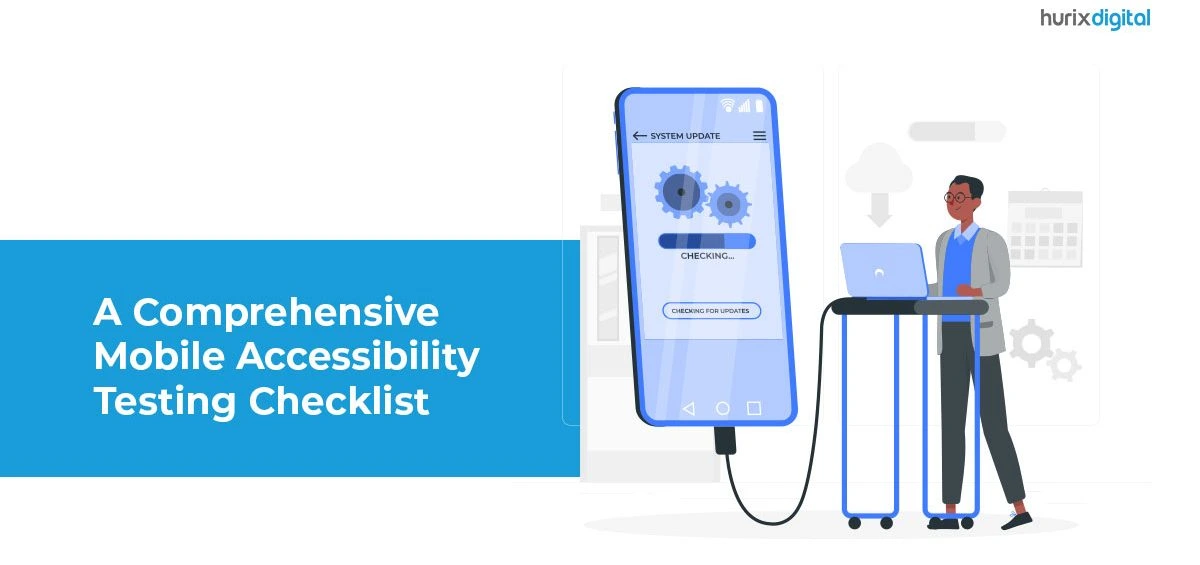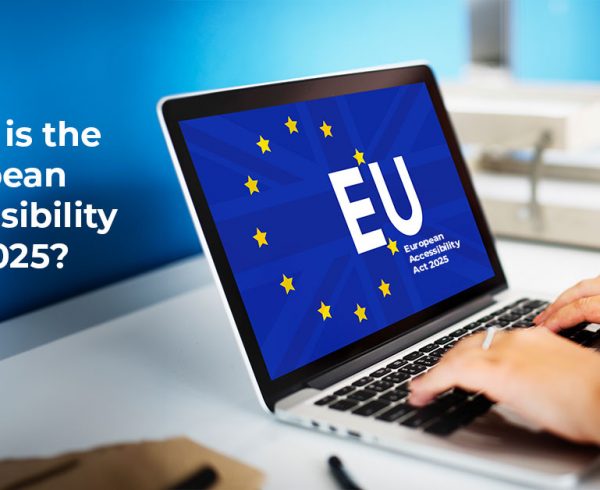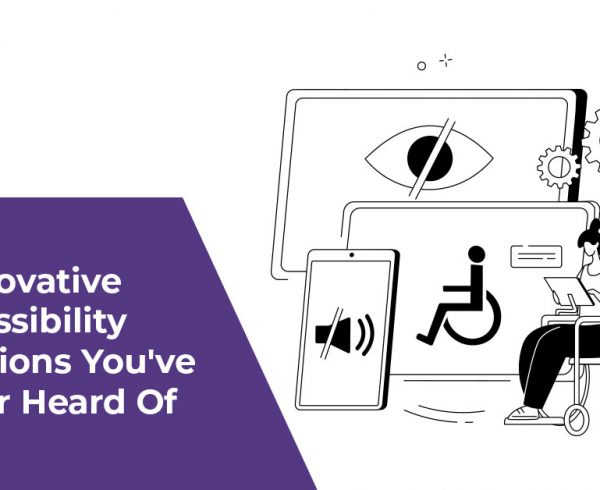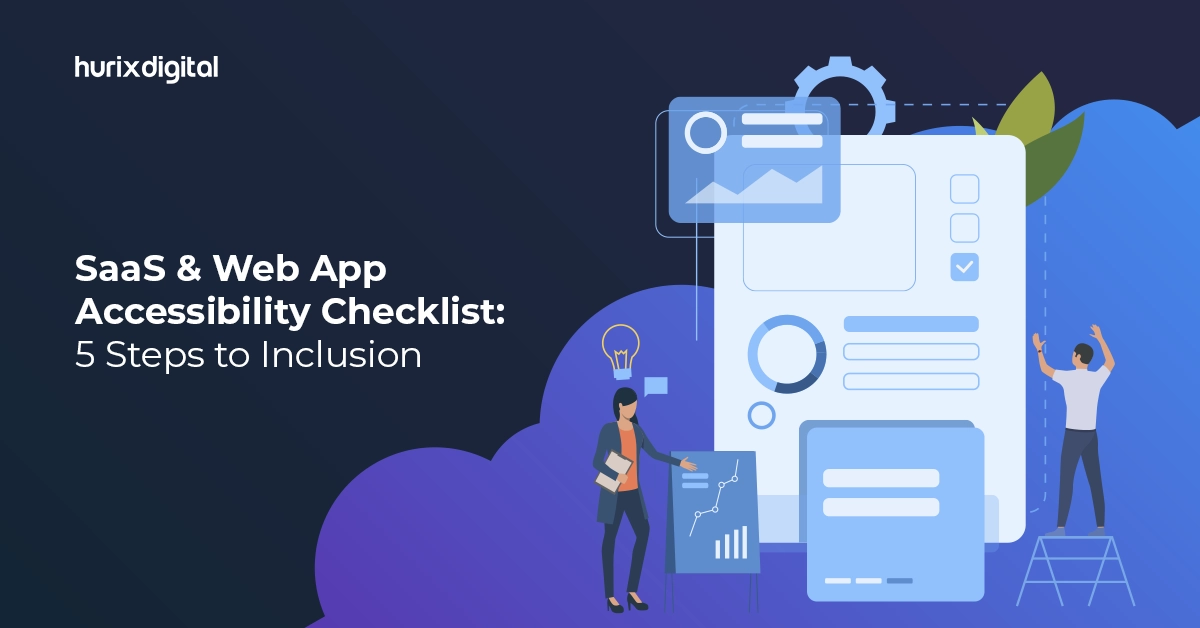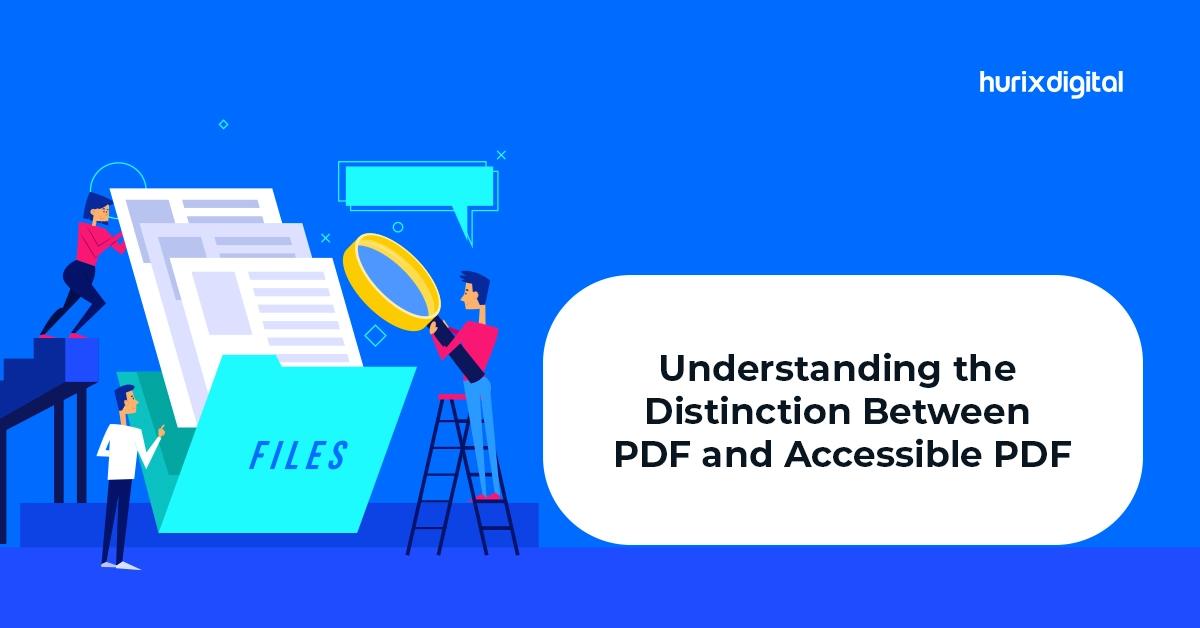Web accessibility refers to the practice of making websites and digital content available and usable by all individuals, regardless of their disabilities.
People with disabilities, such as visual, hearing, or motor impairments, may face challenges in accessing web content, which can limit their participation in online activities. To ensure that your website is accessible to all, it’s crucial to identify and remove any barriers that might prevent disabled users from accessing and using your website.
The internet has become an essential tool for information, communication, and participation in modern society, and it’s critical to ensure that everyone can use it regardless of their physical or cognitive abilities. However, there are many different disabilities that can affect a person’s ability to access web content.
Visual impairments are one of the most common types of disabilities that affect web accessibility. People with visual impairments may be completely blind, have low vision, or have color blindness.
Websites that are designed without considering these disabilities can be challenging or impossible to use for people with visual impairments. For example, websites that rely on color to convey information or navigation may be inaccessible to color-blind users.
Hearing impairments are another type of disability that can affect web accessibility. Deaf or hard-of-hearing users may not be able to access audio content on websites. Therefore, it is essential to provide closed captioning or transcripts for videos to ensure that everyone can access the content.
Cognitive or learning disabilities, such as dyslexia or attention deficit disorder, can also make it challenging to access web content. Websites with poor readability, complex navigation, or confusing layouts can be difficult or impossible for users with cognitive or learning disabilities to use.
Motor impairments, such as paralysis or tremors, can also affect web accessibility. People with motor impairments may not be able to use a mouse or keyboard, making it challenging to navigate through websites. Websites should be designed to be navigable using only a keyboard, and the user should be able to operate all website features without using a mouse.
Challenges of disabled people to access web: People with disabilities may face a range of challenges when accessing web content, including:
Inaccessible or poorly designed websites: Websites that are inaccessible or poorly designed can be challenging for people with disabilities to navigate. This can include issues such as insufficient color contrast, small or hard-to-read text, or confusing layout and navigation.
For example, individuals with low vision or color blindness may have difficulty distinguishing between different elements on a page if there is not enough contrast between them. Similarly, people with motor impairments may struggle to use websites that are not designed with keyboard navigation in mind.
Difficult to understand or interact with content: Web content that is presented in a way that is difficult to understand or interact with can pose a challenge to individuals with disabilities. This may include content that is presented in a format that is not accessible to assistive technologies, such as PDF documents that are not properly tagged for accessibility. Additionally, content that relies heavily on visual elements, such as videos or infographics, may be difficult for individuals with visual impairments to access and understand.
Relying on certain technologies or devices: Websites that rely on certain technologies or devices that are not accessible to everyone can present barriers to accessibility.
For example, websites that require the use of a mouse may be difficult or impossible for individuals with motor impairments to navigate. Similarly, websites that rely on Flash or other technologies that are not compatible with assistive technologies can make it difficult for individuals with disabilities to access content.
Barriers to using assistive technologies: Assistive technologies such as screen readers, magnifiers, and voice recognition software can be invaluable tools for individuals with disabilities who are accessing web content.
However, barriers to using these technologies, such as inaccessible software or websites that are not designed with assistive technology in mind, can make it difficult for individuals with disabilities to access content.
Things to be made accessible in website for accessibility: To make a website accessible, there are a number of things that need to be taken into consideration, including:
- Providing alternative text for images and other non-text content.
- Making sure that all content can be accessed using only a keyboard.
- Ensuring that videos are captioned, and audio descriptions are provided.
- Using headings and other structural elements to organize content.
- Providing transcripts and audio descriptions for videos and other multimedia content.
- Making sure that color is not the only way information is conveyed.
- Ensuring that links and other interactive elements are easily identifiable and usable.
Hurix is a company that provides accessibility auditing and remediation services for websites and digital content. They can help their clients identify and address accessibility issues, such as missing alternative text, improperly structured content, and inaccessible multimedia content.
By working with Hurix, clients can ensure that their websites are accessible to everyone, regardless of their abilities. Contact us for more information!
Also Read – Accessibility Testing: All You Need to Know About Accessibility Testing


